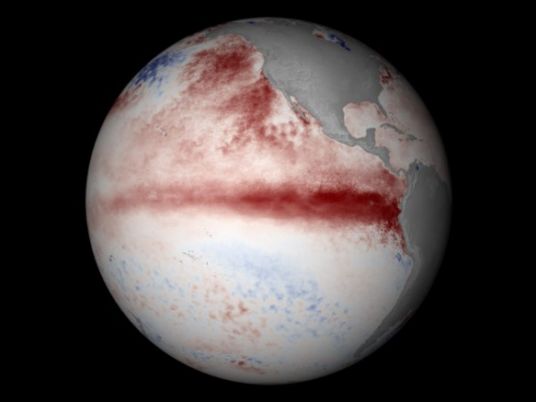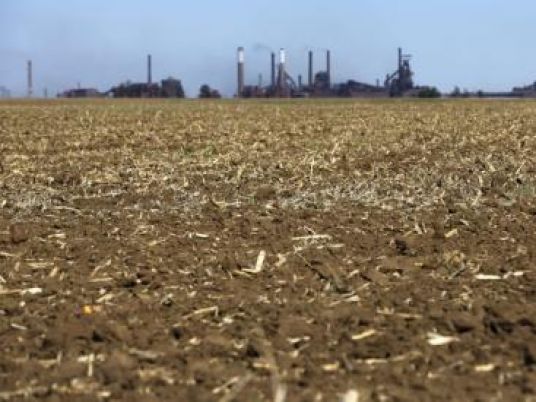
Tens of millions of people across sub-Saharan Africa are going hungry due to erratic weather and the situation is set to worsen as the El Nino weather pattern reaches its peak, the Red Cross said on Monday as it launched funding appeals for six countries.
Some 60 million people do not have enough to eat due to floods, droughts and irregular rains which have ruined harvests and left many people dependent on food aid, the International Federation of Red Cross and Red Crescent Societies (IFRC) said.
The IFRC has appealed for eight million Swiss francs ($8.2 million) to help more than 200,000 people in Gambia, Mauritania, Malawi, Namibia, Senegal and Zimbabwe ahead of what is expected to be the strongest El Nino on record.
The phenomenon, caused by Pacific Ocean warming, is likely to cause flooding in equatorial Africa, and drought in southern Africa and the Sahel, and has prompted several aid agencies, including Oxfam and Care International, to warn of its impact.
"Many families are surviving on one meal a day made from leaves, which have very little nutritional value, or… even going without food for days because of the erratic rainfall," IFRC operations manager Miriam Grove said in a statement.
The funding will provide urgent food aid and set up initiatives to prepare communities for further erratic weather in the six countries, and the IFRC said it would also invest in food security programmes for millions of people across Africa.
Further shortages of nutritious food could be life-threatening for vulnerable people in the region, including children and people living with HIV.
More than a third of children in sub-Saharan Africa are stunted as a result of poor nutrition in the first 1,000 days of life – in the womb and up to their second birthday – according to the United Nations children's agency UNICEF.
A lack of food could also drive many people to desperate measures in order to feed themselves, such as parents taking their children out of school and making them work, women trading for sex and farmers selling their livestock, the IFRC said.
This year's El Nino is expected to peak between October and January, during which time world leaders will meet for a U.N. summit in Paris in December to agree a global climate change deal. The last "super" El Nino occurred in 1997-1998.
"Addressing the food crisis now, and ensuring sustainable funding for longer-term food security programmes, will prevent people from falling into deeper cycles of vulnerability," said Michael Charles, IFRC representative in southern Africa.
"This is our window of opportunity to act."
($1 = 0.9741 Swiss francs)



